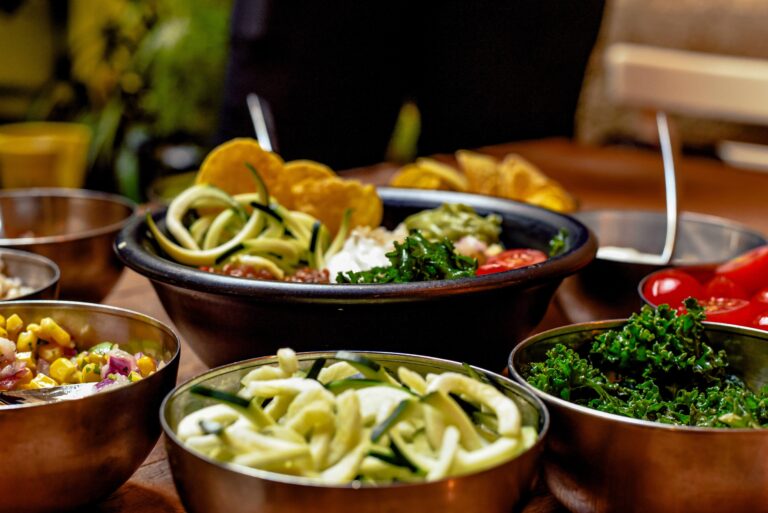
Keeping Kosher in a Vegan Restaurant: A path to addressing the larger question of factory farms
In the face of the widespread harm caused by industrial animal agriculture, in what ways can Judaism promote more sustainable and ethical eating?

In the face of the widespread harm caused by industrial animal agriculture, in what ways can Judaism promote more sustainable and ethical eating?
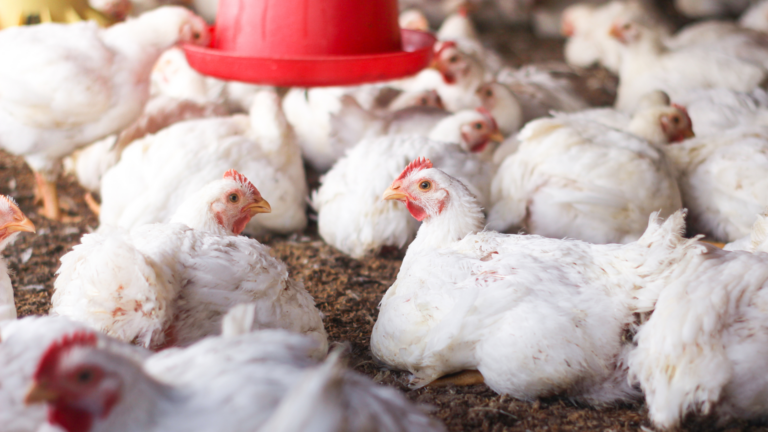
Since kosher certifications lack purview over how animals are bred, treated, and handled prior to slaughter, a third party auditor is one way to verify that farms meet higher welfare standards. Unfortunately, no third party certification currently includes comprehensive standards for kosher meat products, and therefore no kosher meat products are certified as higher welfare.
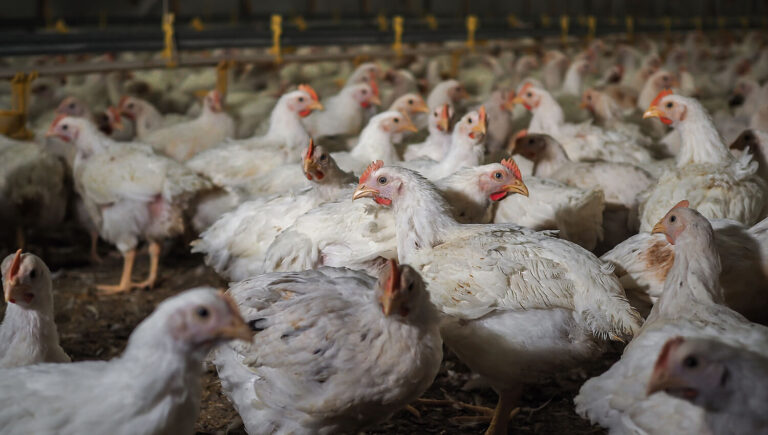
Kosher certifications lack purview over how animals are bred, treated, and handled prior to slaughter. Unhealthy genetics and restricted or no access to the outdoors are conditions consistent across animal production in the United States and, increasingly, the world, including for animals that are certified kosher.
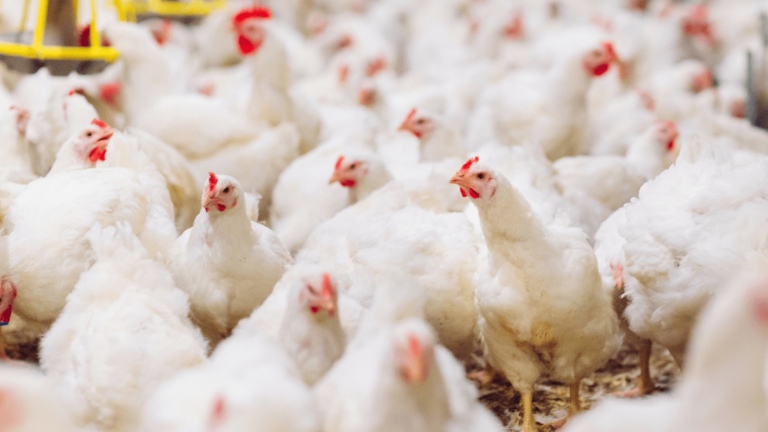
People commonly believe that kosher production is different from the rest of conventional industrial farming, and that animals raised and slaughtered for the kosher market
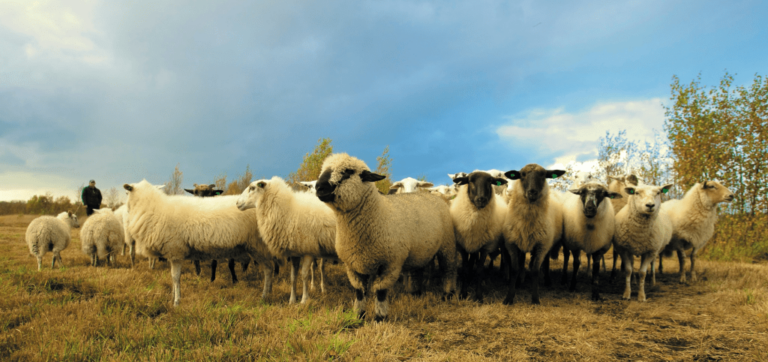
Philosopher Rene Descartes asserted that animals lacked souls and feelings, and therefore one could do with them as one pleased. Descartes’ conception of animals still rationalizes the way we treat animals on factory farms today.
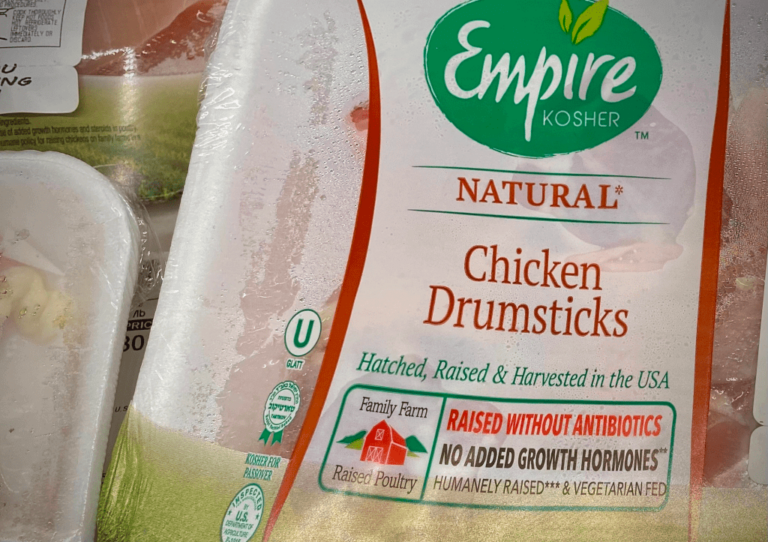
Earlier this year, JIFA released the results of groundbreaking testing of Empire kosher chicken taken directly from grocery store shelves. The drug we found, fenbendazole, is an antiparasitic used widely in industrial animal farming to treat common infections that occur in poultry raised on crowded factory farms.
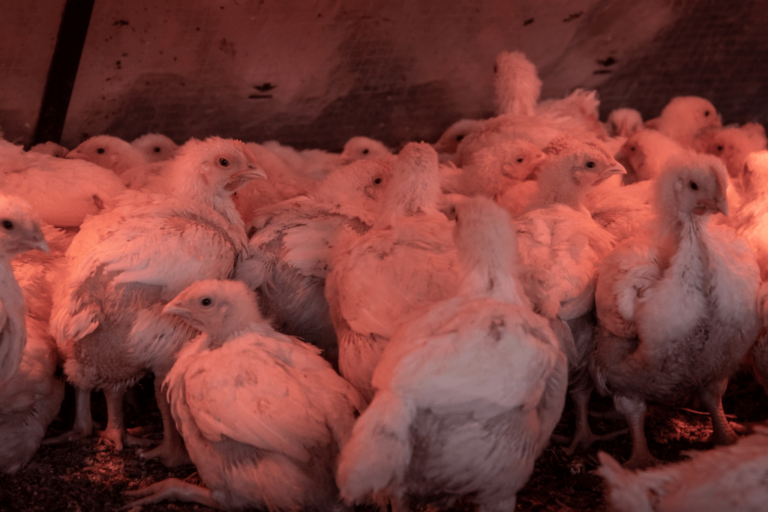
Kosher companies and Jewish media are sounding an alarm that kosher chicken is in short supply in anticipation of Passover.
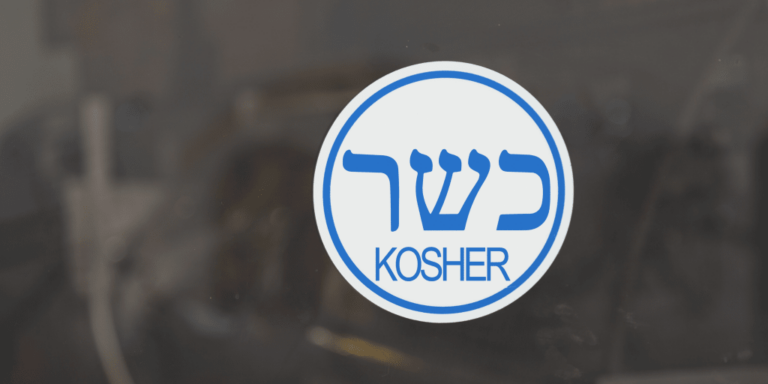
The data confirms what JIFA has inferred from previous research that shows people think kosher food is inherently better: consumers, both Jewish and non-Jewish, extend this belief to the way farmed animals are bred and raised, despite the fact virtually all kosher and non-kosher meat, poultry, dairy, and eggs come from animal raised on factory farms.
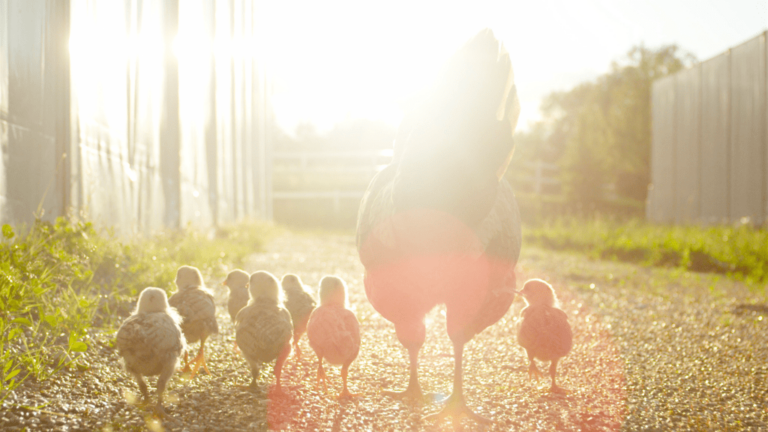
It’s only with cooperation and allyship of organizations and Jewish leaders that we elevate a vision for a more harmonious, resilient, and just food system. Achieving this change will require the participation of Jewish organizations and leaders that haven’t yet addressed factory farming and its impact on Jewish communal life.

Whether it’s latkes, sufganiyot, keftes (fried vegetable patties), or sfenj (North African doughnuts), Jews from all backgrounds can come together around a central culinary trend for Hanukkah: deep-fried foods, full of oil aplenty, to honor the Hanukkah miracle of the Temple’s long-burning oil. It may come as a surprise to many, then, that a different Hanukkah menu is recorded in the most central code of Jewish law.
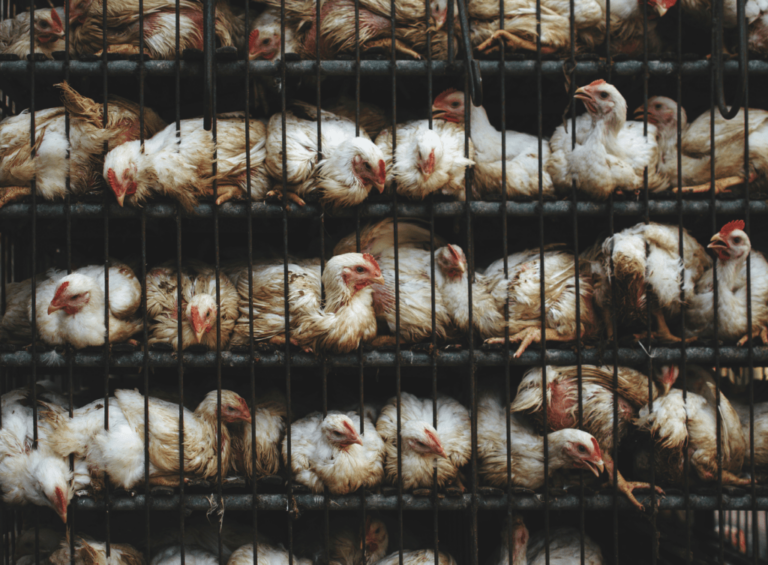
The concept of kosher has been a mainstay of Jewish life for centuries. Ancient kashrut laws have provided Jewish communities with a framework for determining which foods are “fit to eat” and how to slaughter animals according to approved religious procedures.
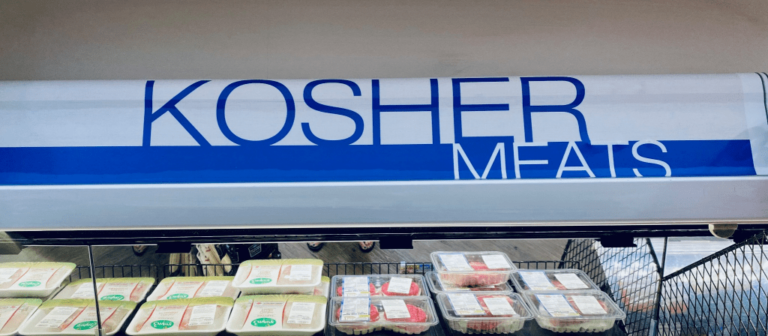
Most kosher-certified animal products—and generally all of the ones found in grocery stores— come from the same factory farms that raise the vast majority of non-kosher animals for food.
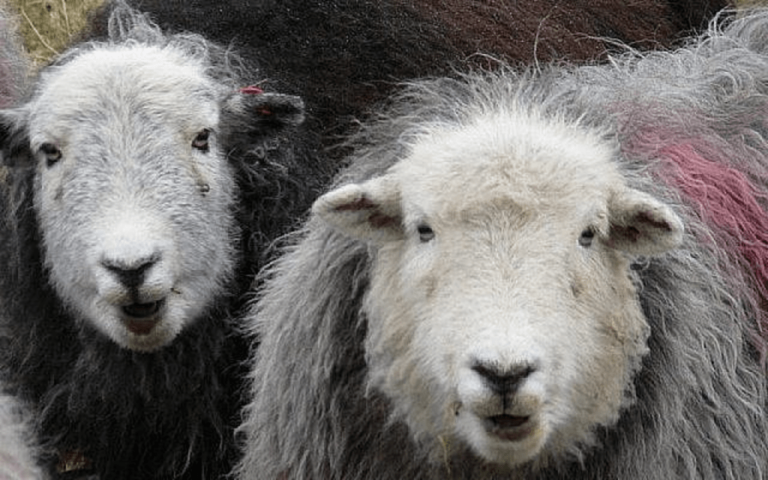
As we enter the fast of Tisha B’Av, the Jewish Initiative for Animals invites us all to follow the lead of the tradition: focus on particular grief and destruction. Practice radical empathy to understand how that particular grief is located in a web of oppressions.
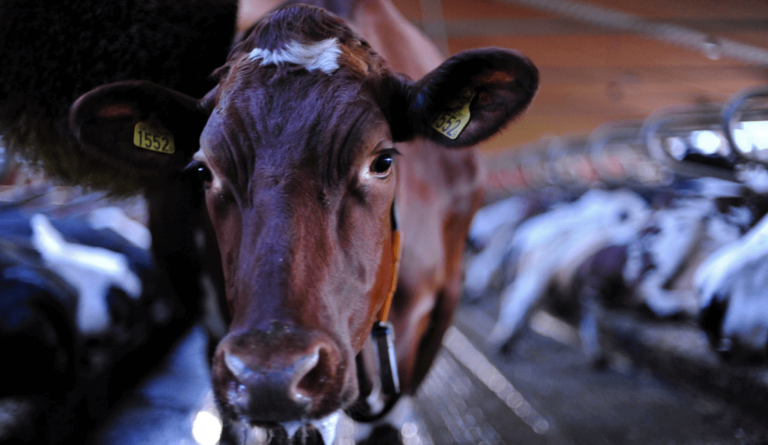
Bans do more to restrict religious practices than to improve conditions for farmed animals—like in the US, most meat, including kosher, comes from animals that spend their entire lives on factory farms.
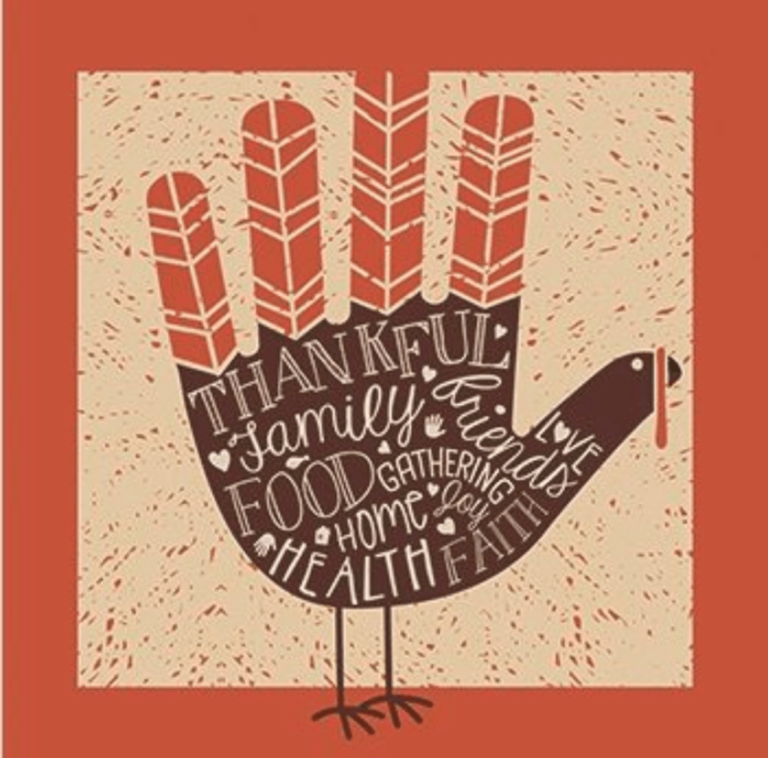
Jewish and partaking in a Thanksgiving meal this year? It’s time to wrestle with the impact of participating in the most food-centric American holiday.
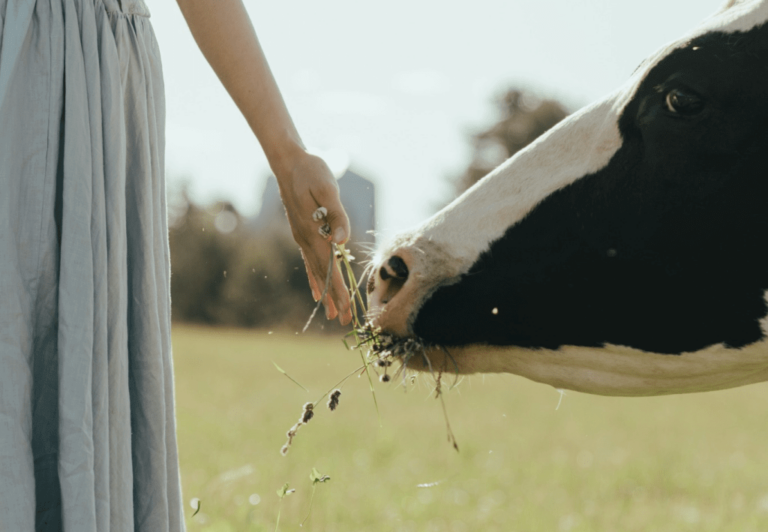
Certain patterns need breaking. Certain problems require teshuvah — a personal and collective accounting of our actions that leads to growth and balance in the world — not just an aspiration to restore the status quo. Our first port of call if we’re serious about that deep, transformative work this year is our food system, and specifically: our relationship with animals.
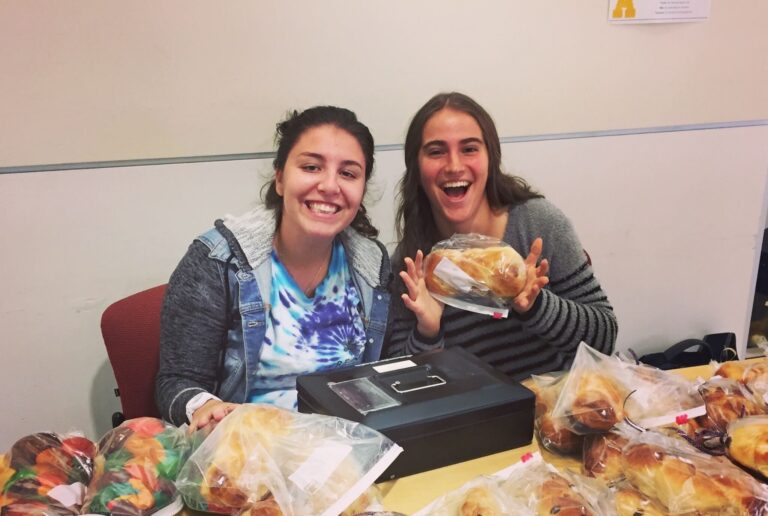
What does taking steps towards serving better food at Hillel look like? Which changes are possible? Will students be on board? Will food be more expensive? The following is an interview with Dr. Adrienne Krone, Assistant Professor of Religious Studies and Director of Jewish Life at Allegheny College, who offers her experience providing values-based food choices at Allegheny’s Hillel in rural Pennsylvania.
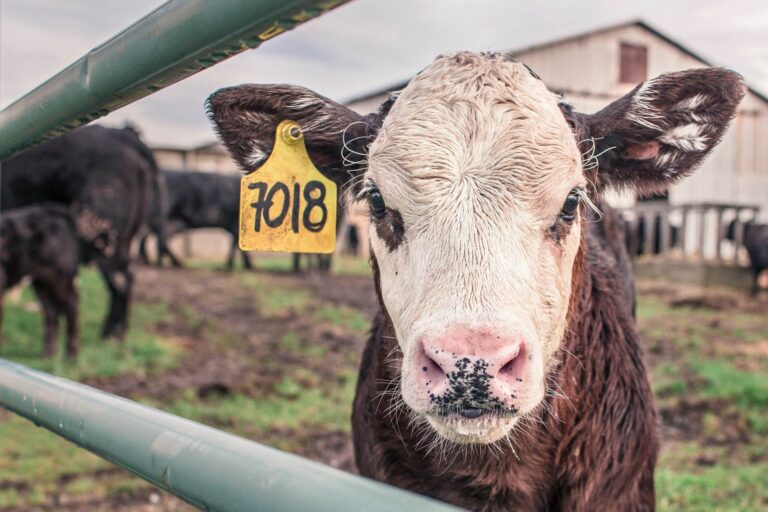
In July 2018, the Orthodox Union (OU) announced that they will no longer certify as kosher any cattle slaughtered using the shackle and hoist method, which has been widely condemned as cruel.1 This victory is the result of years of hard work from the animal protection movement.